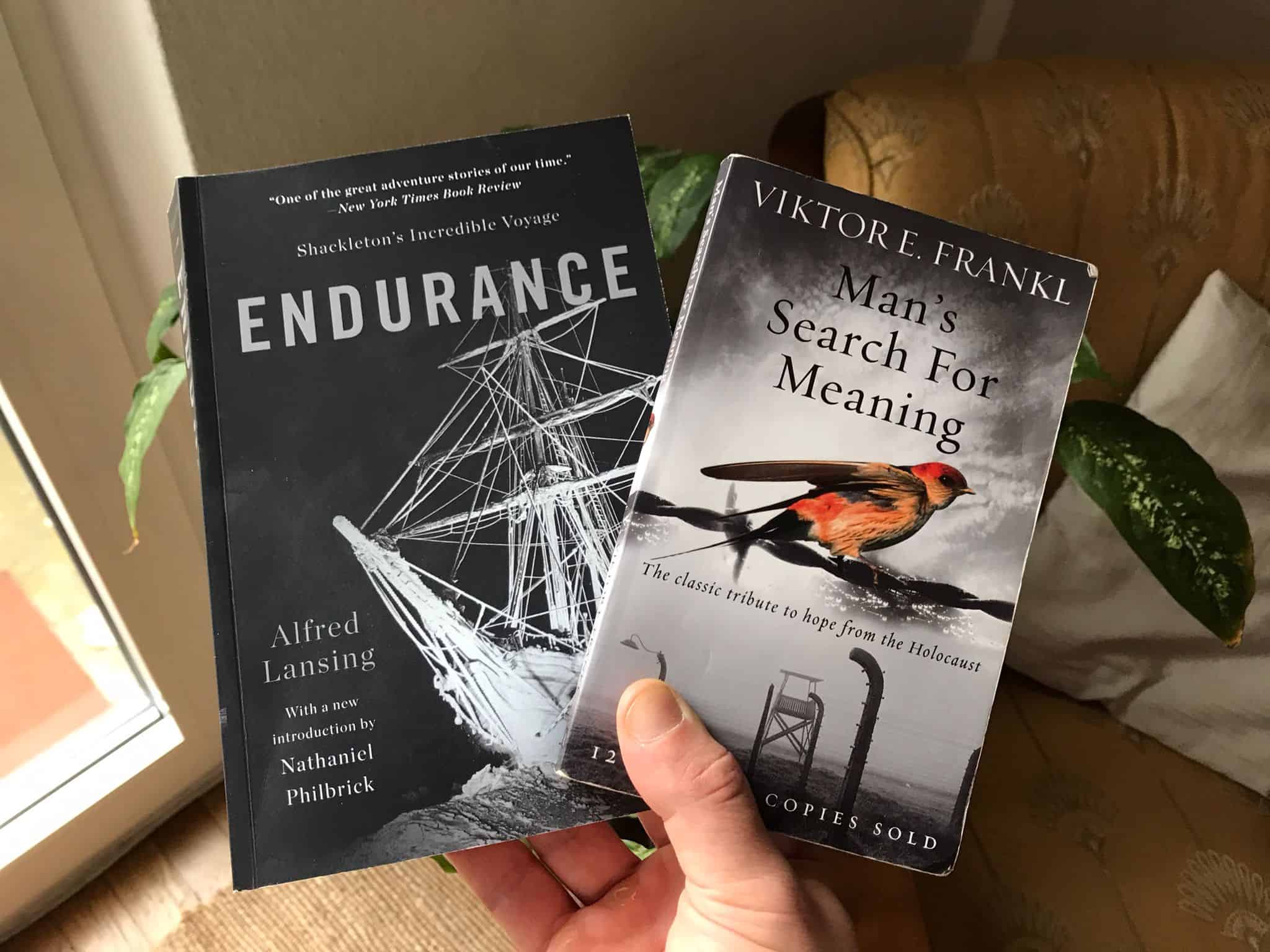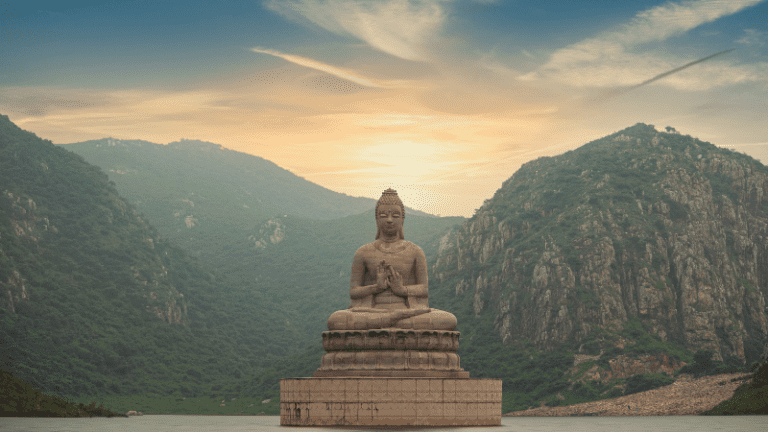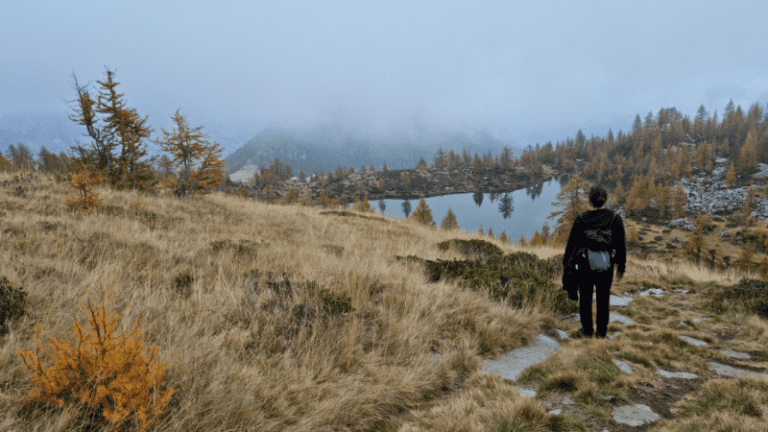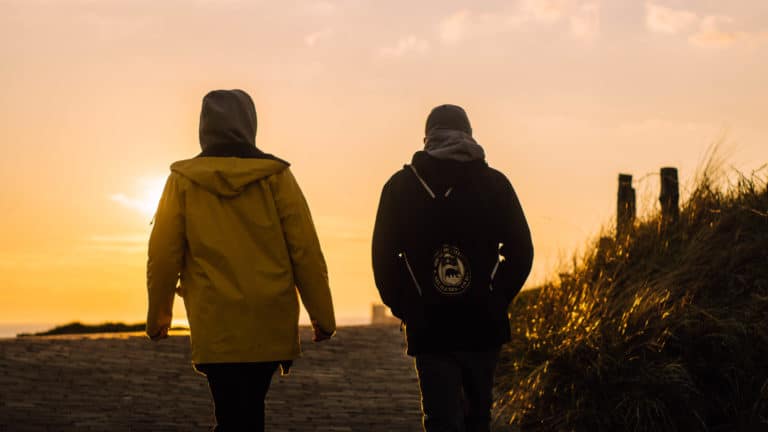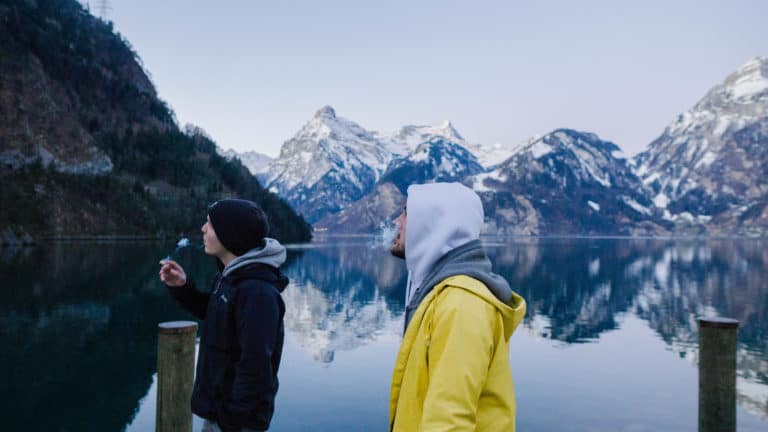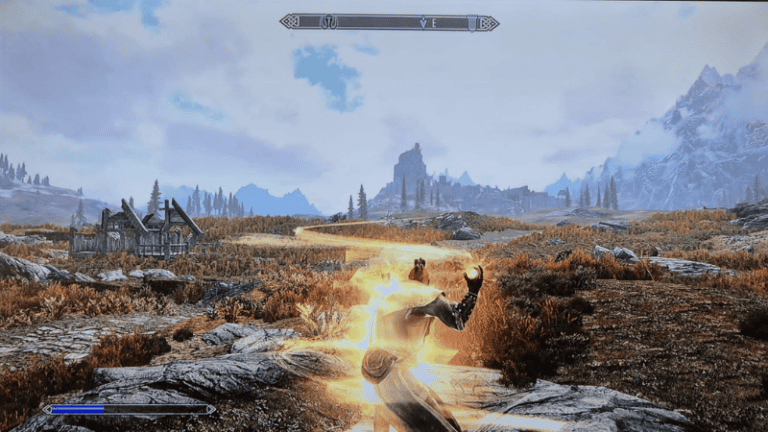A comparison between Shackleton and Frankl
Alfred Lansings Book Endurance Shackleton's Incredible Voyage [635 Days in the Ice: Shackleton's Expedition] is by far one of the best books I have read in recent years. Not only the subject matter but also the way it is written is incredibly authentic.
In order to summarize the story roughly but not to anticipate too much, I will describe the details only sparsely and concentrate more on what is more important to us on our blog, the philosophy of the whole. Because what these people have achieved is based on much more than mere luck.
The book Endurance is about a planned trans-Antarctic expedition that never took place. Before Shackleton and his crew of 27 men could reach the southernmost continent, they got stuck in the ice. On this fateful day, the adventure began. As the German title suggests, the crew was stuck for almost two years in one of the most hostile places in the world. Without giving too much of the story away, the fate of the crew of the Endurance was on a knife-edge on more than one occasion. But through outstanding leadership, excellent teamwork, the expertise that the individual crew members brought to the table in their respective fields and a little luck, they all managed to emerge from the story more or less unscathed.
The fact that everyone survives the story may seem like a spoiler at first, but this is already mentioned on the first pages of the book. But even if you already know the ending, the book is still written in such a captivating way that you can't blame anyone for wanting to read it in one sitting. Not only is the narrative itself factually written, but it is also interspersed with diary entries from the crew. These diary entries ensure that you can empathize with both the inner and communal lives of the men.
From the general question of whether they will make it out of this precarious situation alive, to the clothes that never dry out, to the problem of defecating on small lifeboats in rough seas. Hardly any other story I have read so far offers such a detailed insight into the lives of those affected.
The philosophy
While Endurance is not a philosophy book in and of itself, it is undeniable that the way Shackleton and his crew made it out of that situation alive was not just a matter of physical condition, but mental condition as well.
While reading, I often came to the point where I thought to myself that it might have been more pleasant for everyone to resign themselves to the fate that seemed so clear. But even though you occasionally read this in the crew's diary entries, the absolute majority had a kind of blind faith that it would all work out somehow.
I personally found many parallels to Viktor E. Frankl's Man's Search for Meaning [to say yes to life anyway] found. Even though the scenarios could hardly be more different, it is the mental stamina that gets people through even the hardest times. Frankl's book is about his time in the German concentration camps during the Second World War. This is also the biggest difference I could see between these two books. While Frankl was at the mercy of man and his darkest traits, Shackleton was exposed to the merciless and cold nature.
However, it is the never-ending confidence, if not joy, of both of them at the prospect of what may come next that makes these books so similar, at least for me. Frankl and Shackleton could have given up at any point, accepted their fate and died. But the inner drive that is inherent in us humans, to be able to feel joy even in the worst of times, won out.
Because both books don't just describe how the respective characters make it out of the situation alive. The books tell how the characters were able to experience joy, community and even fun in their respective situations.
It is precisely this philosophy, this inherent human desire for life, which was rekindled in me as I read. Because we often complain far too much about our everyday problems, which to be honest are rarely even remotely problems. We need to focus more on the positive aspects of life. Because if there is one thing I have learned from these two books, it is that you can have a bad time at the best of times and a good time at the worst of times.

